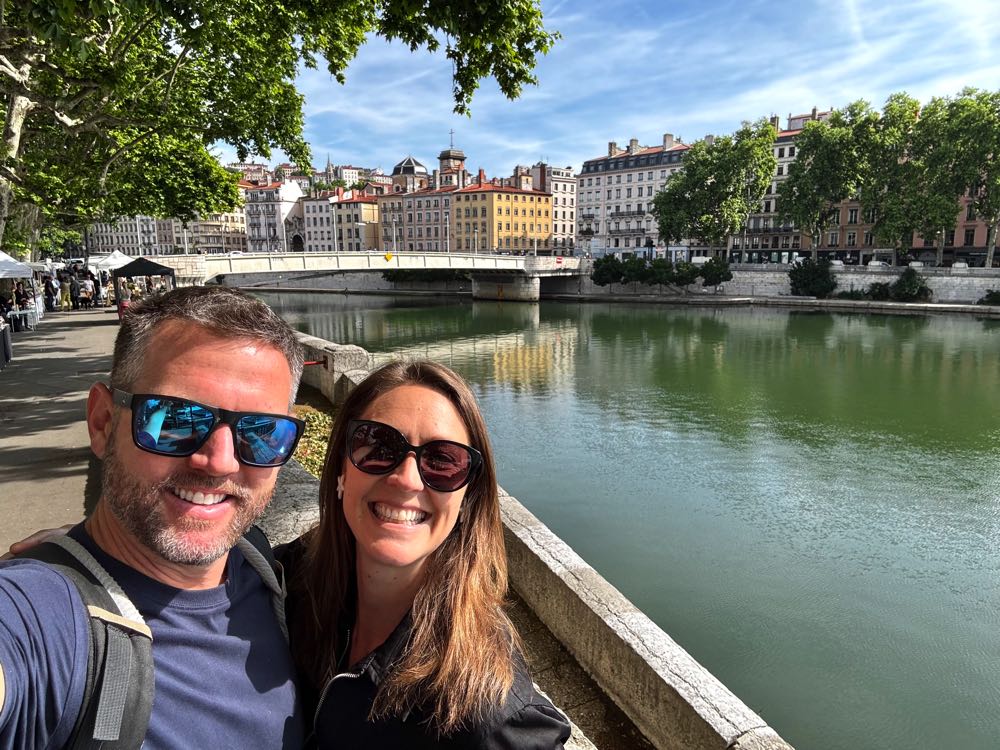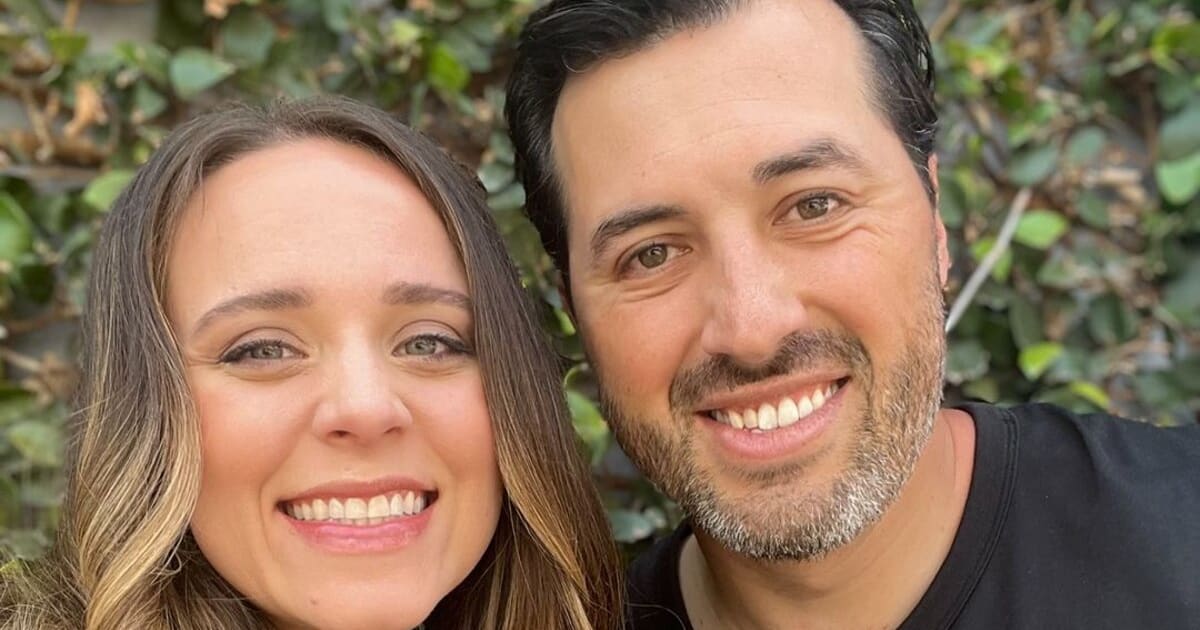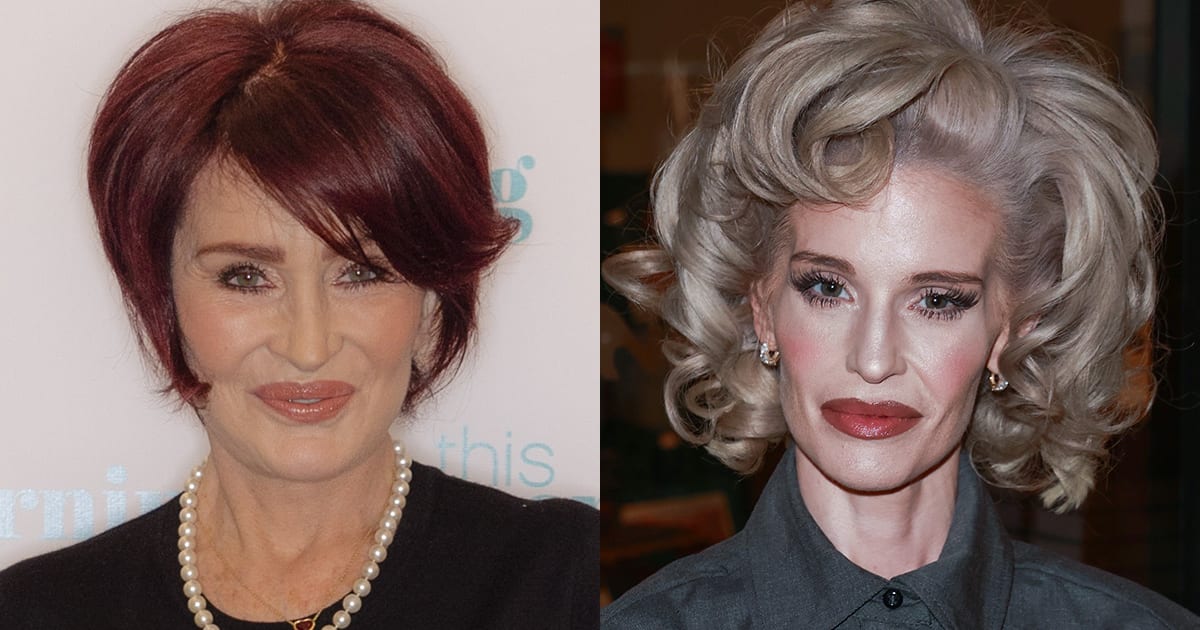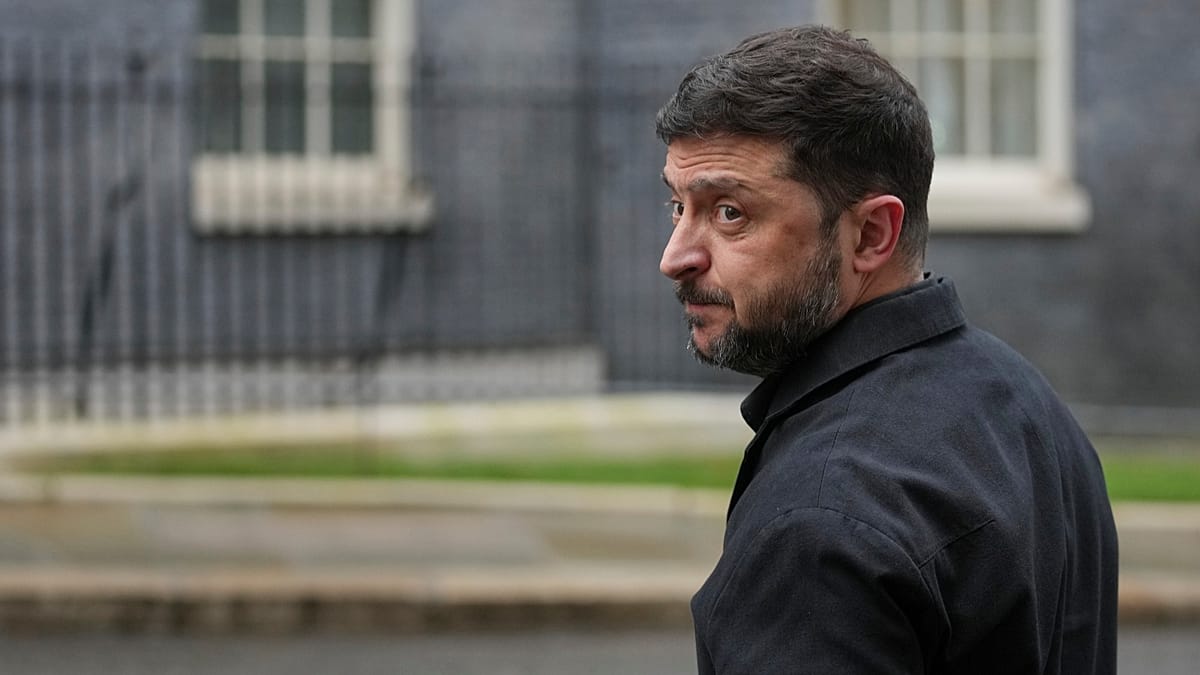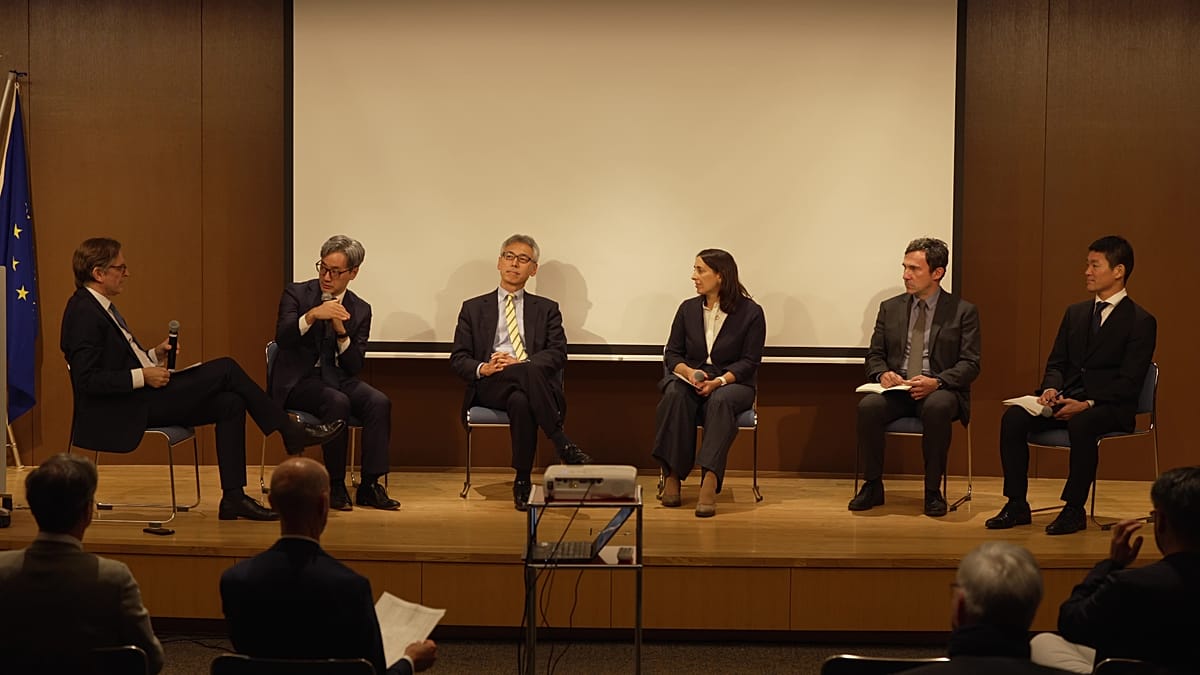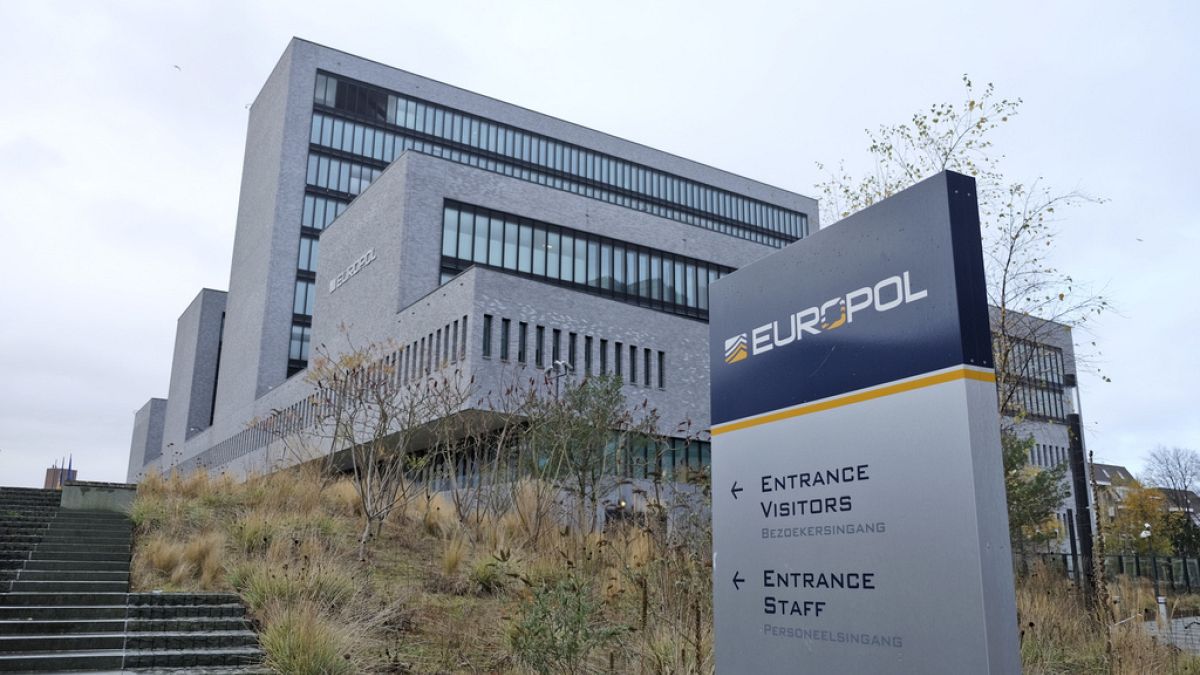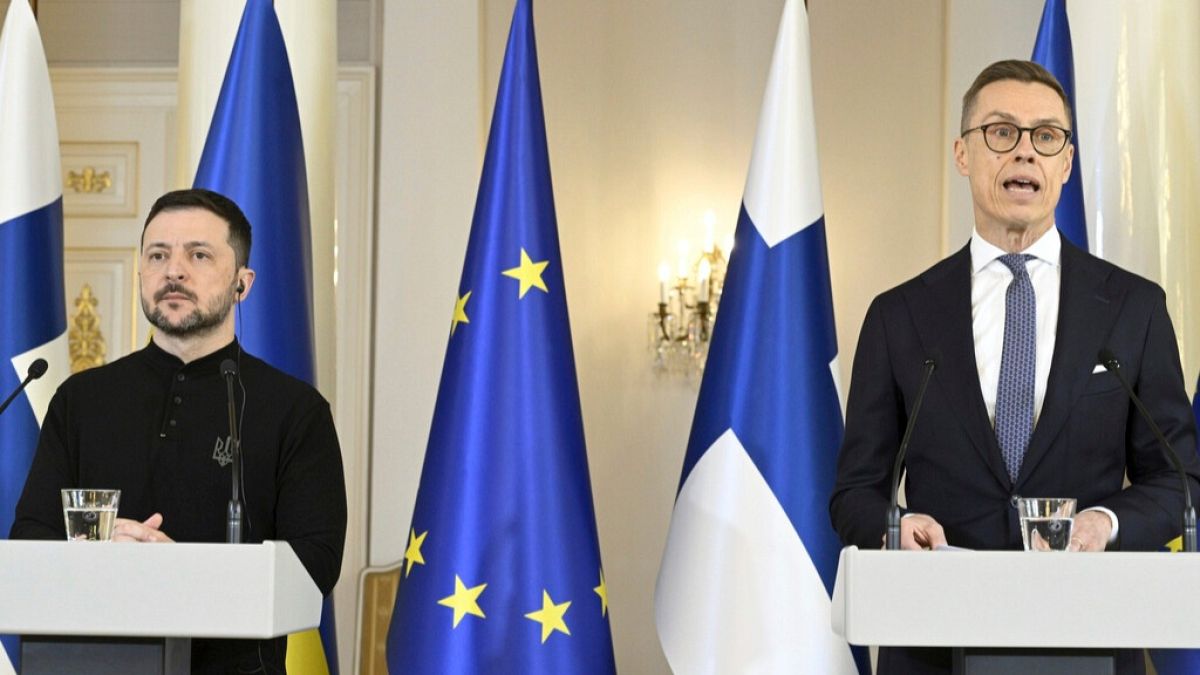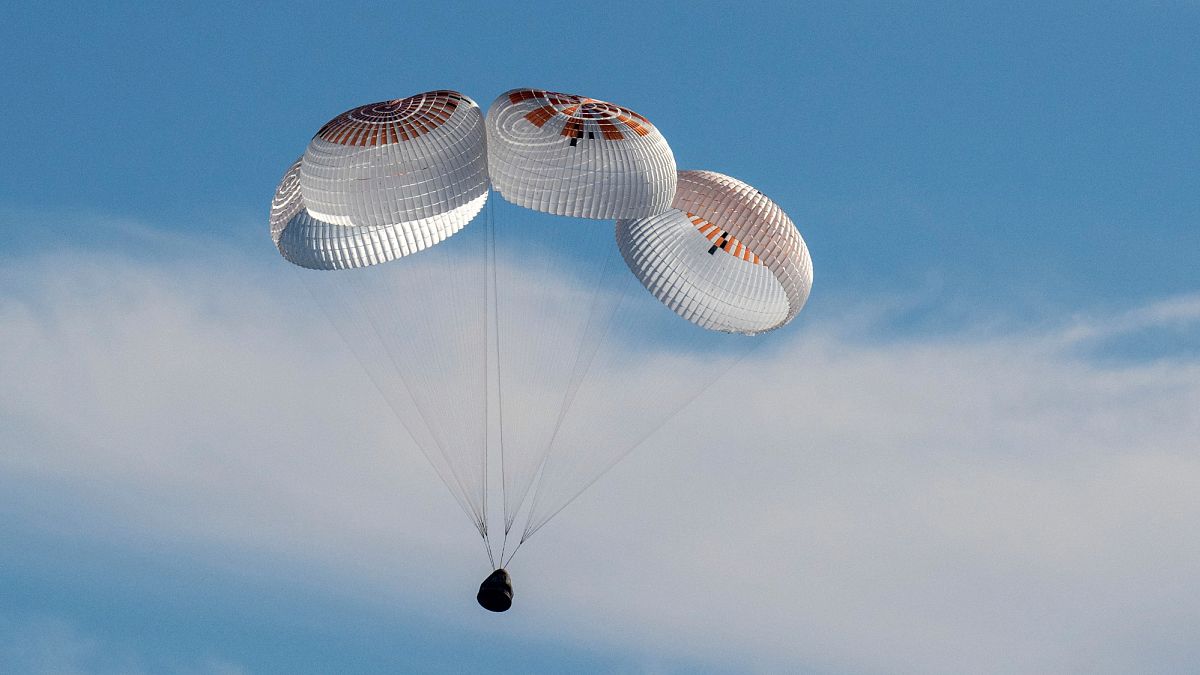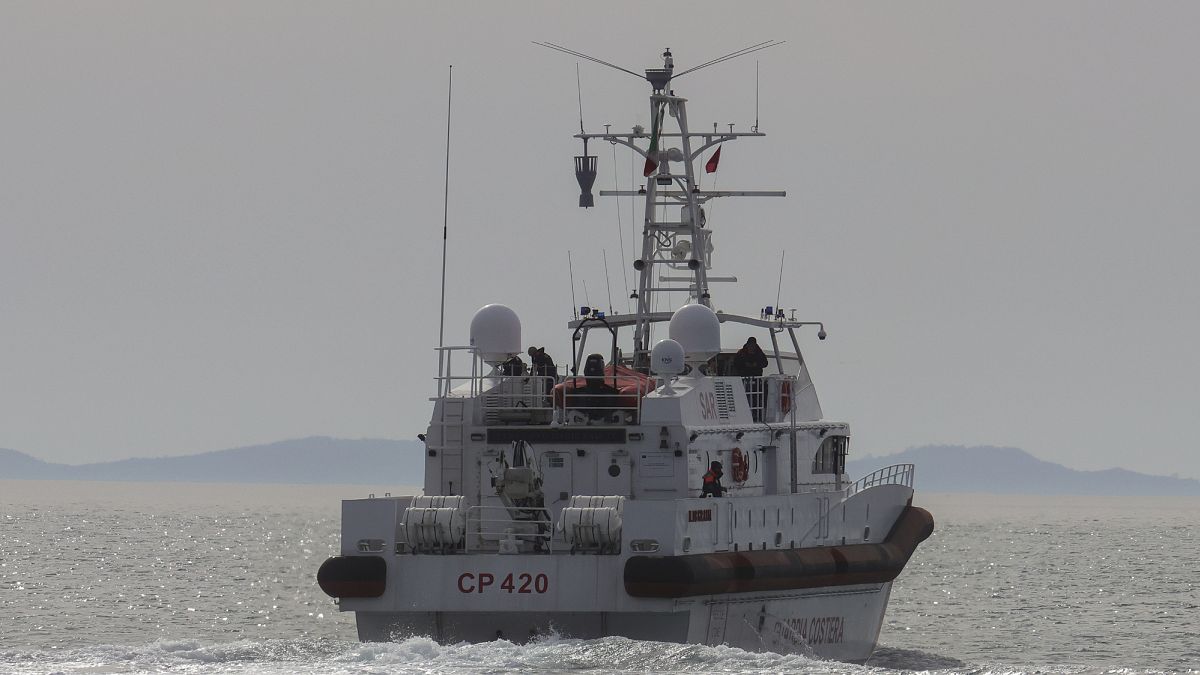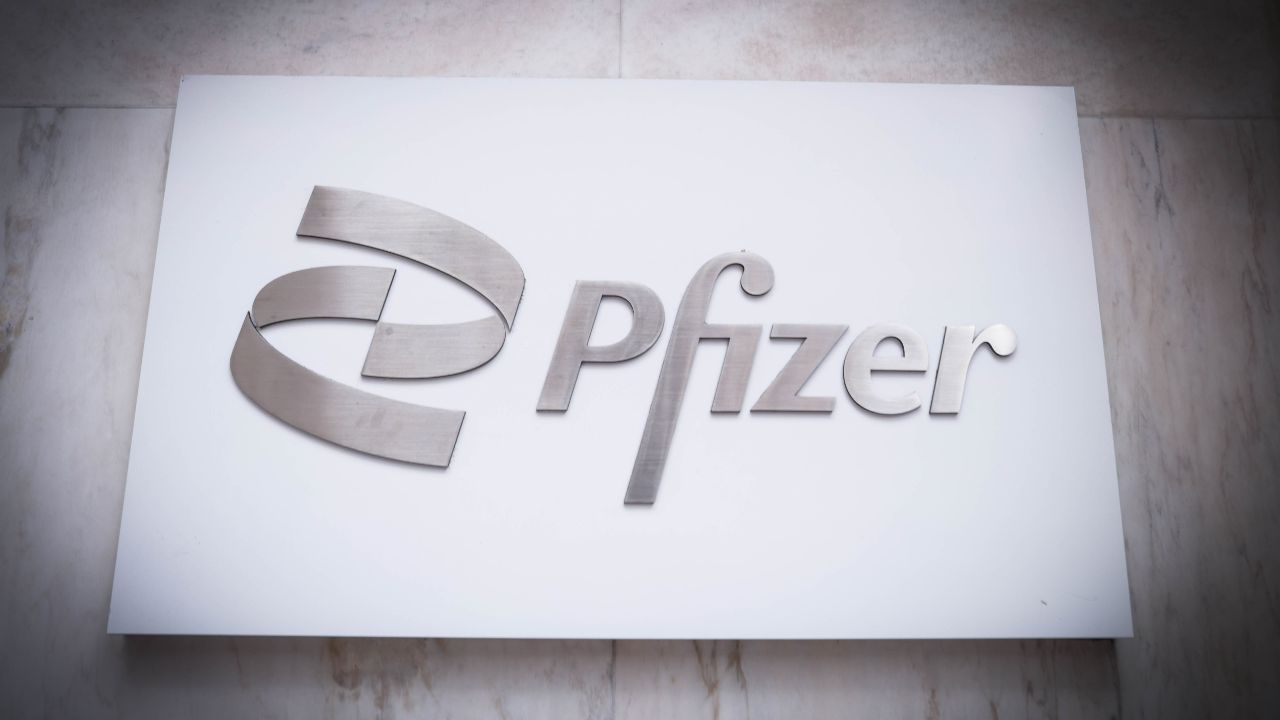Cultural heritage must be an integral part of Europe’s future, said the Director-General of the Europeana Foundation

SOFIA – “Cultural heritage must be an integral part of the future of Europe. Bulgaria has a rich and valuable history, and efforts for the digitization and sharing of this heritage are still ongoing. There is still work to be done, but also enormous potential,” said Harry Verwayen, Executive Director of the Europeana Foundation, who participated in Sofia at the scientific conference “Cultural Heritage in the Digital Age.” The event, organized by the Institute for Balkan Studies with the Center for Thracology (IBCT) at the Bulgarian Academy of Sciences, included Bulgarian scholars, university lecturers, as well as the Executive Director of the Bulgarian Telegraph Agency (BTA) Kiril Valchev.
Our mission is to democratize access to culture. This means making cultural content accessible, usable, and protected with clear and open licenses – primarily through Creative Commons. We collaborate with educators, researchers, and creators to ensure its wide use, said Verwayen. He pointed out that currently around 160,000 digital objects from various institutions are being presented in Bulgaria, but there is room for many more. According to him, practical challenges remain – technical limitations, lack of resources, and sometimes uncertainty about the next steps, “but with united efforts we can overcome them”, noted Verwayen.
According to him, another important direction is 3D digitization. “We are investing in 3D competence centers and developing standards for the creation, sharing, and preservation of 3D cultural content. Artificial intelligence (AI) is also becoming an essential part of this field. It can help us manage and analyze vast amounts of cultural data, create new content responsibly, and improve accessibility, but we must approach it with caution and ensure that AI is developed and used in an ethical and transparent manner,” he added.
“We are working with professionals from across Europe to standardize practices, share knowledge, and shape a vision for how culture and artificial intelligence can coexist in harmony,” said the Executive Director of the Europeana Foundation. Kiril Valchev presented the digitization of BTA’s archives in the presentation “News from Yesterday – Lesson Today – Memory Tomorrow.” He noted that BTA is working on six directions for preserving its archives – preserving paper bulletins and photographs up to around 2000, digitization, ensuring access to the archives, compliance with copyright, promoting BTA’s archives, and collaborating with other news agencies. (July 30)















